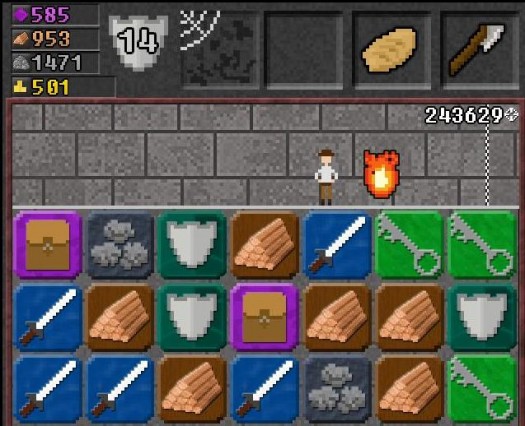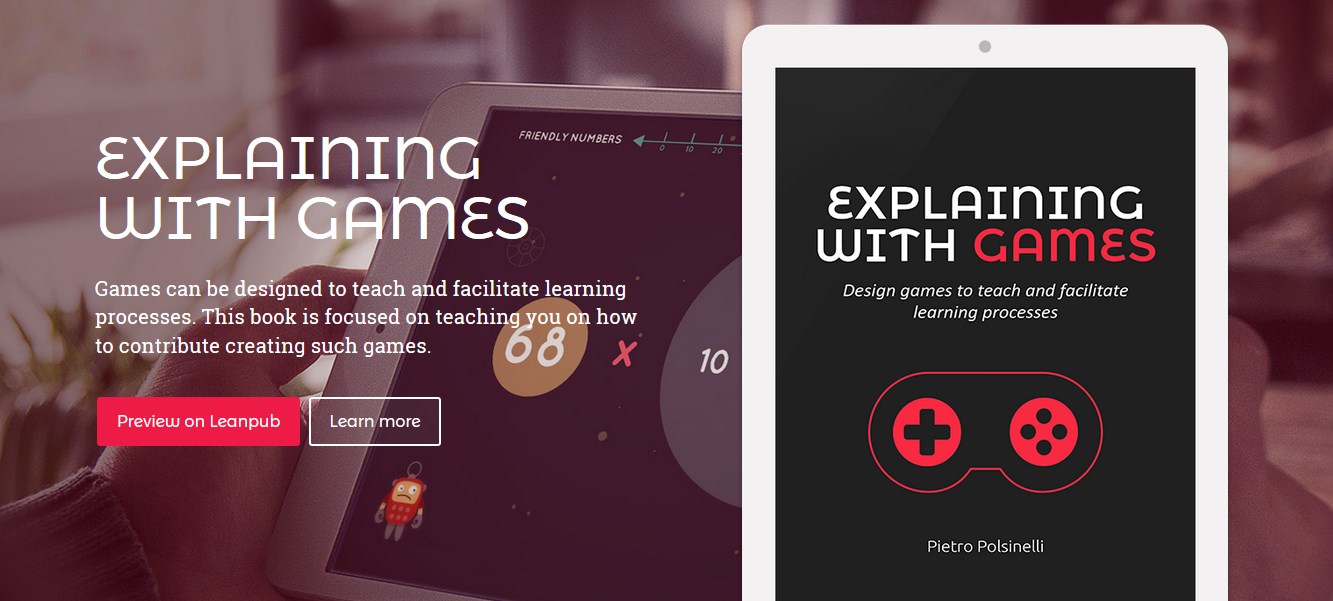I’ve recently given a talk on “Html5 game and gamification from the trenches” at Codemotion. Here are the slides on Slideshare:
The core of my argument goes this way: HTML5 as a mobile platform effectively supports a very limited range of technical choices for animations and sounds. This can be frustrating, but it is not impossible to build games that are fun and gamified solutions that are effective using limited means.
HTML5 developers approaching game and gamification should become aware of the need of putting a considerable effort in storyboarding and mechanics design, in forms quite different from those required by web applications. I propose two different definitions of gamification, that IMHO should be kept as separate when discussing this topic.
This is my definition of Black Hat Gamification:
Black Hat Gamification
Definition. Adding points, badges, leaderboards & incentives to an existing application in order to increase addictiveness.
This is my definition proposal for White Hat Gamification:
White Hat Gamification
Proposal. Gamifying means creating an application that defines a meaningful narrative through game design elements and… it is not a game (though it should be fun).
To get more in depth about gamifications, see A Quick Buck by Copy and Paste and other writings by Sebastian Deterding to learn more about this. You can find me on twitter here.

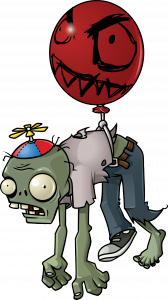 In designing a videogame, using humor stunts is a great temptation. There is a core problem with that: funny things are funny once, and
In designing a videogame, using humor stunts is a great temptation. There is a core problem with that: funny things are funny once, and 

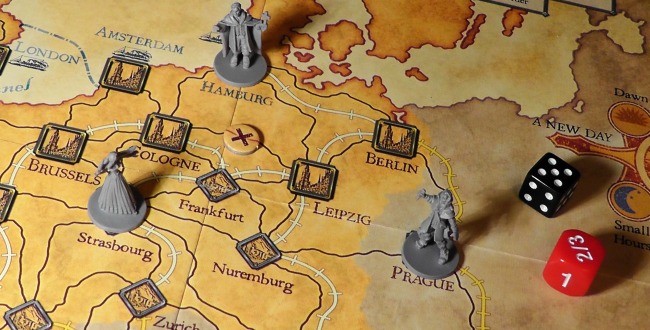
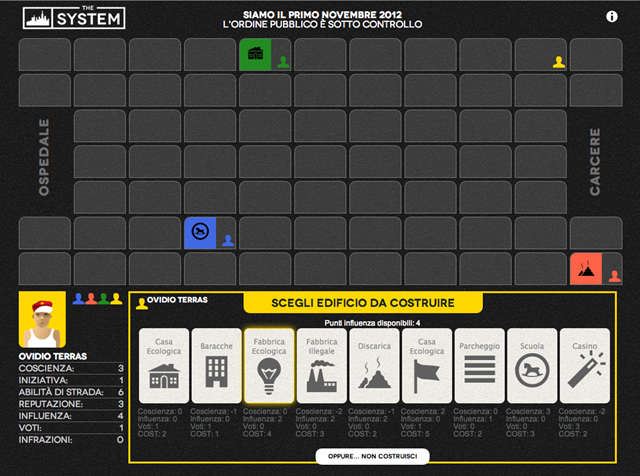
 I’ve recently taken part in a preparatory meeting for a game design course, and my teacher / colleague
I’ve recently taken part in a preparatory meeting for a game design course, and my teacher / colleague 
 Here I tried to write about what is the role of storytelling in video games:
Here I tried to write about what is the role of storytelling in video games:
 To get a feel of the complexity of the possible relationship, significant and innovative examples that come to my mind are
To get a feel of the complexity of the possible relationship, significant and innovative examples that come to my mind are 